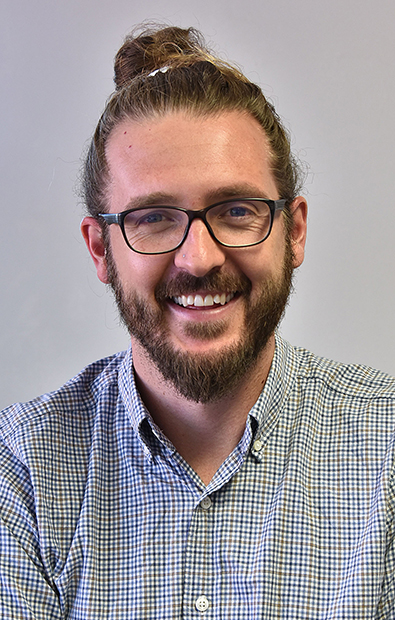Latest News Archive
Please select Category, Year, and then Month to display items
05 May 2023
|
Story EDZANI NEPHALELA
|
Photo Supplied
![]()
This audit process will assess the resources available and required for the implementation of a Language policy framework for higher education (2020) – such as the development of multilingual terminologies, translation services for teaching and learning materials, campus signage, as well as various multimedia collateral – including their quality and relevance to the needs of the students and faculty. The audit will include an assessment of existing resources and whether they are furthering implementation goals, and may also include the gathering of feedback from students and faculty to identify improvement areas.
Dr Nomalungelo Ngubane, Director of the UFS Academy for Multilingualism, said the process will help the UFS identify the essential languages resources that are available for the successful implementation of the 2020 Language Policy for Higher Education framework (LPHE). “The audit will identify how much has been done at the UFS and which institutions we can collaborate with, for example, in the development of Sesotho, so that we do not reinvent the wheel, but we close the gaps.”
Once the audit is completed, the institution will develop a plan for resource allocation to address the identified gaps. This may involve acquiring new resources, upgrading existing ones, or reallocating existing resources better to meet the needs of students, staff, and faculties.
Due to the impact this audit will have on various stakeholders, all staff and students are encouraged to participate. To attend the audit, please RSVP here by 30 May 2023.
Newton Fellow at UFS focuses on land and labour
2017-10-28

Dr Rory Pilossof
Photo: Charl Devenish
Dr Rory Pilossof is a senior lecturer in economics at the University of the Free State (UFS), a Postdoctoral Fellow at the International Studies Group at UFS, and a Research Fellow at the University of Kent in the UK.
He became interested in his research field when he studied land reform and land issues in Zimbabwe for his PhD at the University of Sheffield. From there, his research interests have expanded to look at other issues connected to land, such as whiteness and labour.
Dr Pilossof's study field links up with the important issue of land reform in Southern Africa due to its past colonialism and post-colonial politics of land and land ownership. These intersect with a wide range of labour issues that are pressing in the region. He has a keen interest in elite transitions and changes in economic structure in Southern Africa since the 1960s.
Dr Pilossof was nominated to the South African Young Academy of Science in 2017, and received an NRF Y1 rating during 2017. He is also a member of the Amsterdam-based International Institute for Social History’s ‘Global Collaboratory on the History of Labour Relations’. He is a participant in the Leverhulme Trust-funded initiative ‘Comparative History of Political Engagement in Western and African Societies Programme’ at the University of Sheffield.
Dr Pilossof's primary research focuses on issues of land, labour and changing social and economic structures in Zimbabwe and South Africa. He is also interested in finding alternative ways of looking at change. To this end, he has studied various newspapers and periodicals in the region.
Currently, he spends most of his research time as part of a three-year British Academy-funded Advanced Newton Fellowship into labour relations and occupational structures. In future, he wants to expand his research in the labour field by looking at labour and migration in the region over the course of the 20th century.